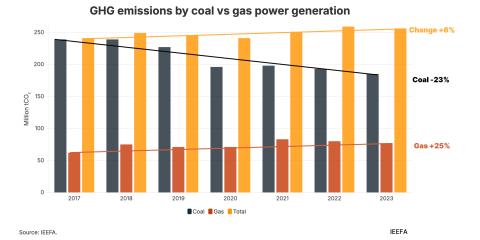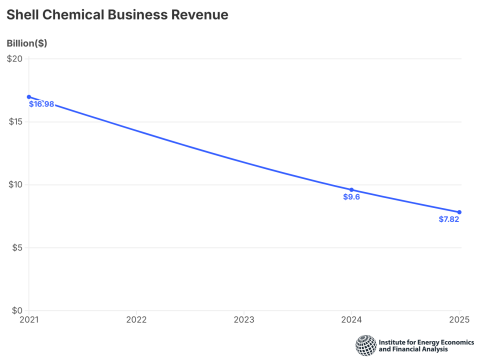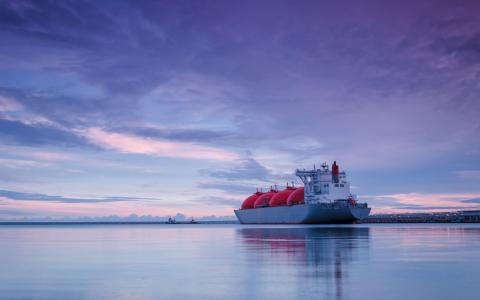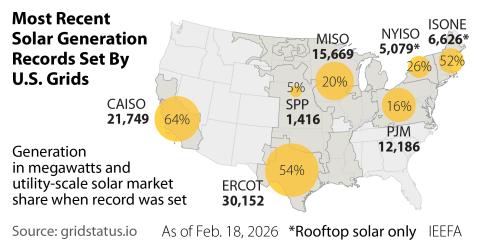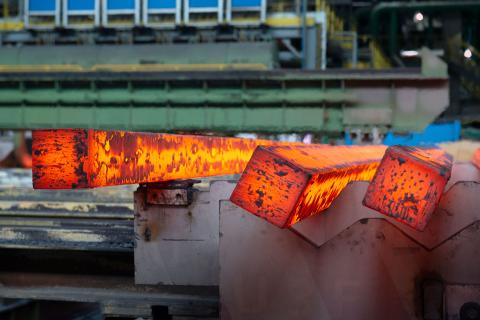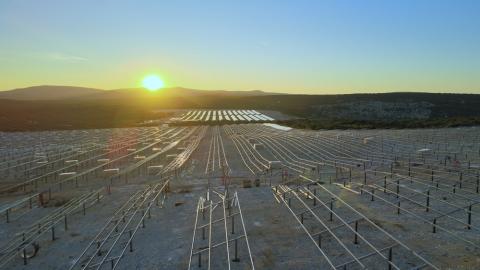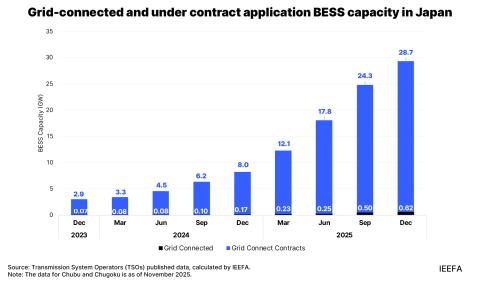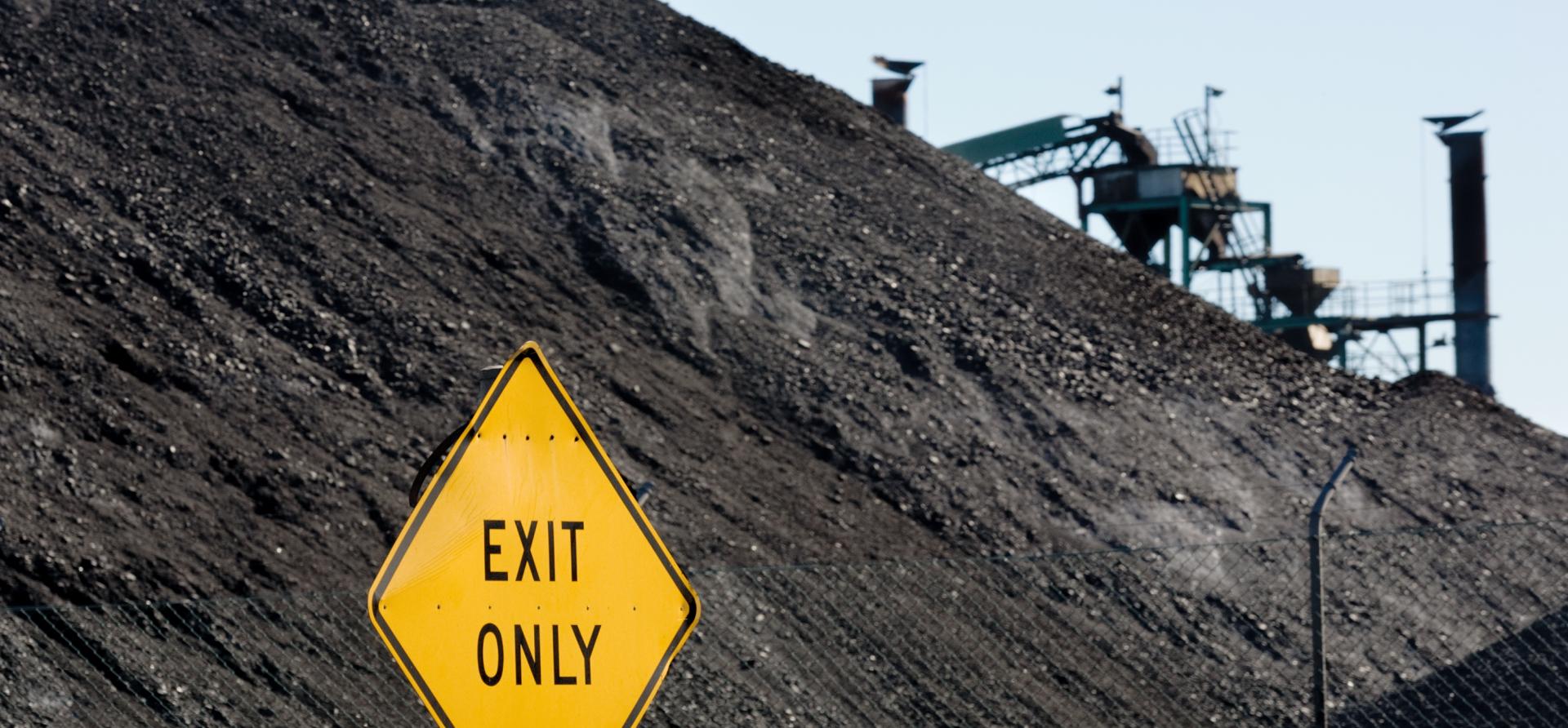
Key Findings
Production costs and spot prices point to scant profits or, more likely, marginal losses per tonne.
Even with a rally in thermal coal export prices, the Carmichael coal and rail project shapes up as unviable.
There is compelling evidence that seaborne thermal coal markets are in structural decline as export customers cut back on demand.
All indications are that Adani’s long-persistent plans for its vast Carmichael coal-mine proposal in northern Australian remain unbankable.
Here’s some tell-tale math:
IEEFA estimates the cash cost of Carmichael product coal at A$33/t (A$27/t ROM coal with an 80% yield) plus $6/t for port, $10-15/t for rail ($10 if Adani owns the railway, $15/t if the Northern Australia Infrastructure Facility helps finance it as an external / independent coal infrastructure project), plus $1.50/t marketing. Add in 7% coal royalties, and the total cash cost is A$56-61/t.
The current spot price of thermal coal is a 2016 high of US$66/t, with the 2022 futures price at US$61.50/t. Using a currency conversion of US$0.77/A$, and deducting a 30% discount for the exceptionally low energy content (4,950kcal) and high ash content (26%) of the Carmichael coal (relative to the Australian thermal coal benchmark of 6,000kcal NAR and 12-14% ash), means that Adani can expect a revenue of A$56/t using the forward curve, or A$60/t at current spot.
As such, if the NAIF is required to subsidize the rail project and the current forward curve is used, the Carmichael project will lose A$4 cash for every tonne of coal produced.
So, even with the 30% rally in thermal coal export prices over 2016, the Carmichael coal and rail project remains clearly unviable and unbankable.
IEEFA views the evidence as compelling that seaborne thermal coal markets are in structural decline, with the Indian government remaining committed to its strategic aim of self-sufficiency by the end of this decade (here’s one of the latest articles on that).
Additionally, with Chinese thermal coal consumption down a record 5% year-to-date in 2016, reality in the two largest coal import markets—China and India—doesn’t support increased greenfield supply initiatives.
As such, the Carmichael project will likely remain on hold for the foreseeable future, particularly as China prepares to introduce its national emissions-trading scheme in 2017 and solar in India is now immediately cheaper than new, unsubsidized imported-coal-fired power generation.
Tim Buckley is IEEFA director of energy finance studies, Australasia.
RELATED POSTS:
IEEFA Asia: In Sign of Continuing Shift, China Coal Production Down 9.7% in First Half of 2016
IEEFA Australia: The POSCO Hume Coal Project Has Little Chance of Proceeding
West Australian Mine Owner Reports More Losses, Shows No Ability to Cover Clean-Up Costs




